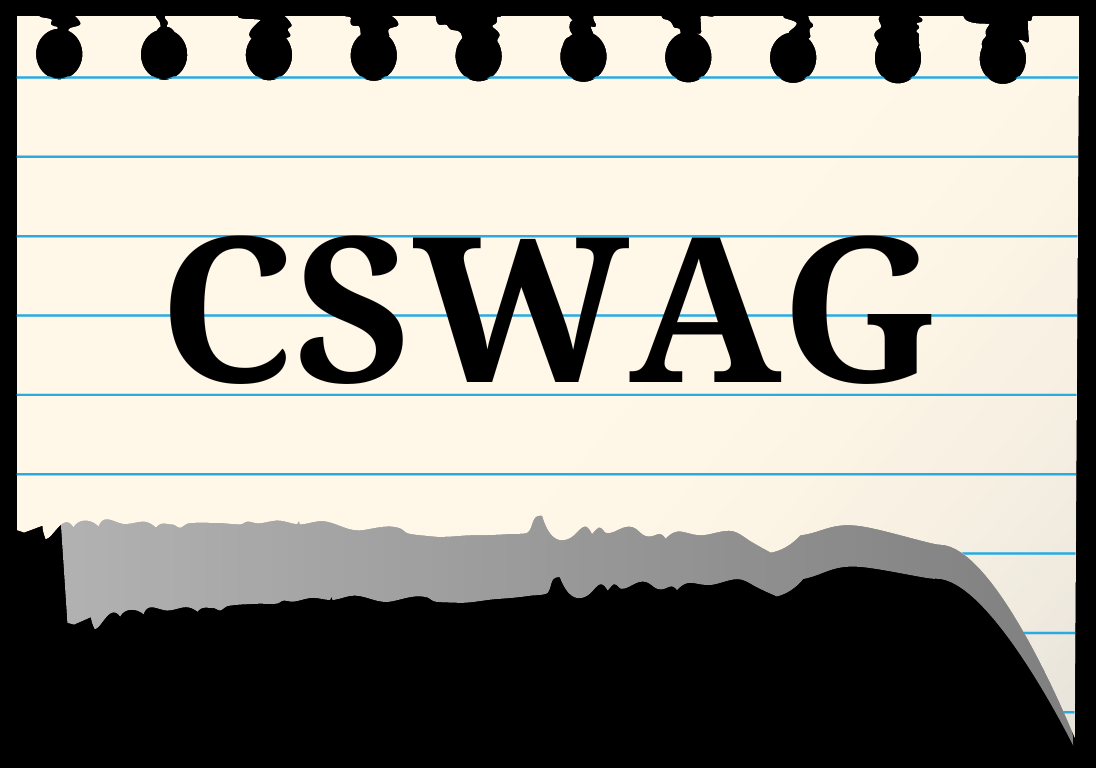“So here I stand, one girl among many. I speak not for myself, but for all girls and boys. I raise up my voice – not so that I can shout, but so that those without a voice can be heard.”
Malala Yousafzai
These words, spoken by Malala Yousafzai, encapsulate perfectly the ambitions of the feminist movement. While feminism has taken many forms across many decades, fundamentally, it will always be about equality. And so, it is important to recognize feminist philosophy’s growth over history to truly understand its progress. Let us begin with Canadian feminism, and how it relates to you.
Historians often describe the progression of feminism using the ‘wave metaphor’. This breaks down the history of feminism into four distinct generations, each defined broadly by the characteristics of the issues they fought. Modern feminism began with the first wave, occurring between the late nineteenth century until the early 1920s. First-wave feminists centred around issues of labour rights and the right for women to vote. Notable early Canadian feminists include; Mary Ann Shadd, the first black female news publisher in Canada, and Thérèse Casgrain, a prominent activist and radio host.
The second wave occurred from the early 1960s to around 1985. Prominent issues of this generation included reproductive rights, domestic violence, traditional gender roles, workplace equality, and racism. During this time, notable events included the formation of the Canadian Research Institute for the Advancement of Women, the decriminalisation of abortion in Canada in 1969, and workplace strikes in the 1970s-1980s against women’s oppression in employment.
Third-wave feminism is generally thought to have spanned from the early 1990s until the beginning of the fourth wave in 2013. The third wave emphasized confronting sexual harassment in the workplace, transgender rights, intersectional feminism, and violence against women. The latter in Canada became particularly relevant following the École Polytechnique tragedy in 1989, and the rising numbers of missing and murdered Indigenous women. Many Canadian feminists embraced a wider battle against inequality, as members of the LGBTQ+ community, Indigenous women, immigrant and refugee women, disabled women and many other groups became a bigger part of a growing campaign for equal rights across communities.
And finally, today. In contemporary society, social media has come to play an instrumental role in helping advance the feminist project. Movements such as #MeToo and #YesAllWomen are examples of social media’s influence; that the resharing of these ideas have allowed for them to become an integrated piece of our culture. The fourth wave has made tremendous strides in allowing for ideas to be spread faster, rallies to be organized better, and demands to be heard louder. Powerful hashtags allow for empowering stories to be spread, helping to grow the platform and provide opportunities to make a change. Ultimately, feminism is about fighting for the equality of everyone. We must recognize the pioneers of the movement and the individuals who dedicated their lives to it so that we can continue to build each other up and pursue the betterment of our world.
By Madeleine Embury and Sanjit (Neil) Samanta
Further reading:
- https://www.history.com/topics/womens-history/feminism-womens-history
- https://en.wikipedia.org/wiki/History_of_feminism
- https://www.britannica.com/topic/feminism
- https://www.pacificu.edu/magazine/four-waves-feminism
- https://www.vox.com/2018/3/20/16955588/feminism-waves-explained-first-second-third-fourth
- https://www.thecanadianencyclopedia.ca/en/article/feminism
- https://explore.ucalgary.ca/short_history_feminism_Canada
- https://www.thecanadianencyclopedia.ca/en/article/early-womens-movements-in-canada
- https://www.canadashistory.ca/explore/women/canada-s-great-women
